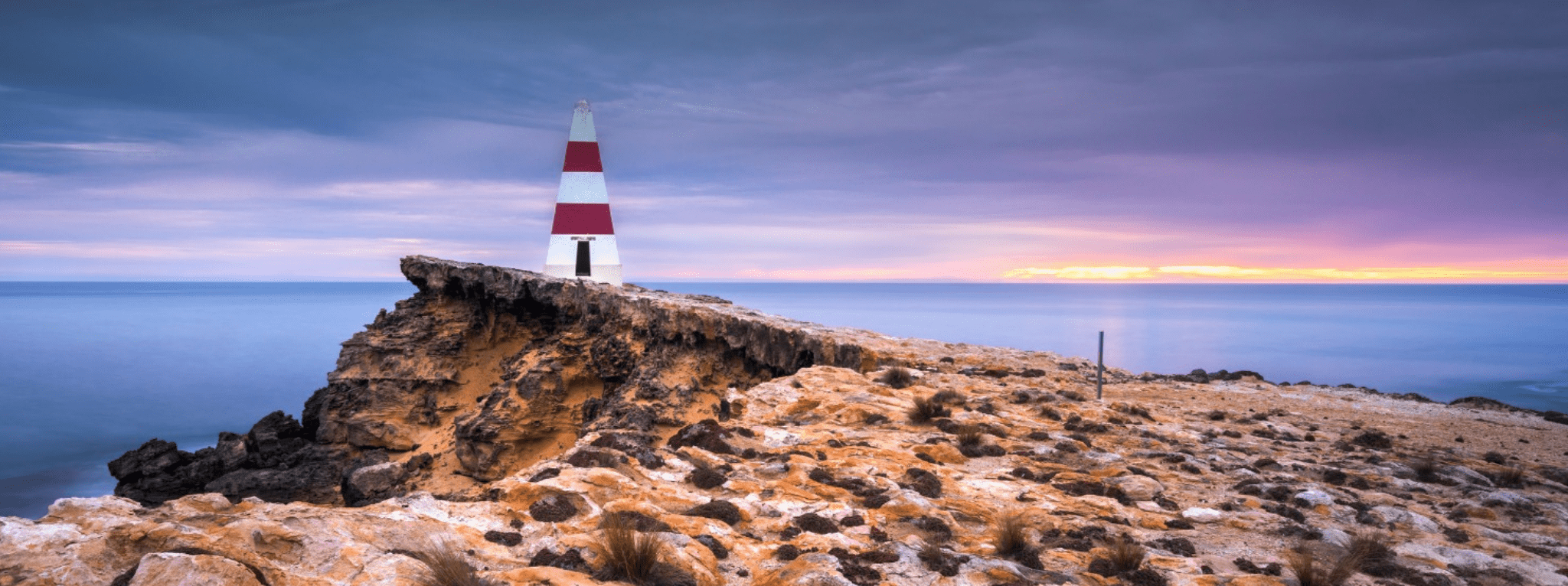Limestone Coast
New Destination Website Project Management
Limestone Coast Local Government Association engaged our team to manage the strategic development of a new destination website for the Limestone Coast tourism region in South Australia.
At this stage, the Limestone Coast didn't have a destination website, and so the project was divided into two Stages:
- Website Development Project Brief + Agency Procurement
- New Website Project Management
Program Methodology
Stage 1 - Website Project Brief & Agency Procurement
Working in complete partnership with LCLGA, we developed a destination website project brief which would be distributed through a selected tender process.
It was agreed from the outset that the website (given it was brand new) would have a single minded, customer-centric approach, and would focus on inspirational and trip-planning content specifically for the high-yielding visitor personas that we identified for the region when we created their Destination Marketing Plan.
The brief also outlined:
- Specific and detailed website objectives
- Development considerations (identified to achieve objectives)
- Measurement strategy considerations
From there, we managed the selective tender process for the procurement of an agency to develop the website as per the brief.
Stage 2 - Website Development Project Management
Once the Agency was appointed, we managed the project from inception to post-launch.
To implement this stage, we were the primary contact for the Agency on behalf of LCLGA, which included:
- Briefing in the Agency on the work (including the development and design specifications)
- Co-designed the webpage templates using pre-developed modularised content
- Ongoing correspondence regarding the timeline of the project
- Ongoing correspondence throughout the build to work collaboratively to achieve the required outcomes.
- Problem-solved any issues and pushed the envelope to ensure best practice user experience and optimisation
As Project Managers, we also:
- Wrote all of the content for the website from scratch (as there was no legacy content to copy/paste/edit). Extensive research and approvals were sought from key stakeholders in the region to ensure the accuracy of the content.
- Sourced all of the images through established relationships that we'd generated after managing the region's social media communities (most from User Generated Sources including Instagram, across 7 Councils in the region and numerous Visitor Information Centres)
- Optimised all content (webpages and images) for page load speed and search engine visibility as content was uploaded into the content management system
LCLGA were provided with progress reports and we maintained regular communications (via Zoom, email and phone) throughout the progress of the project.
Results
- When launching a new website, there is an expectation that it will take time to establish trust and authority with Google and other search engines. That said, the website has slowly started to attract quality visitors from search engines, with an average time on page of 3:51 minutes (industry average around 2:30minutes).
- The blog articles that we have been writing for the website have also been performing exceptionally well, with the majority of articles having an average time on page of 4:30+mins.
- From mid-June through to end of October, the site had referred nearly 3,000 leads to tourism operator websites and other external sites that offered further information about key visitor experiences in the region.
We look forward to sharing more results as time progresses.

